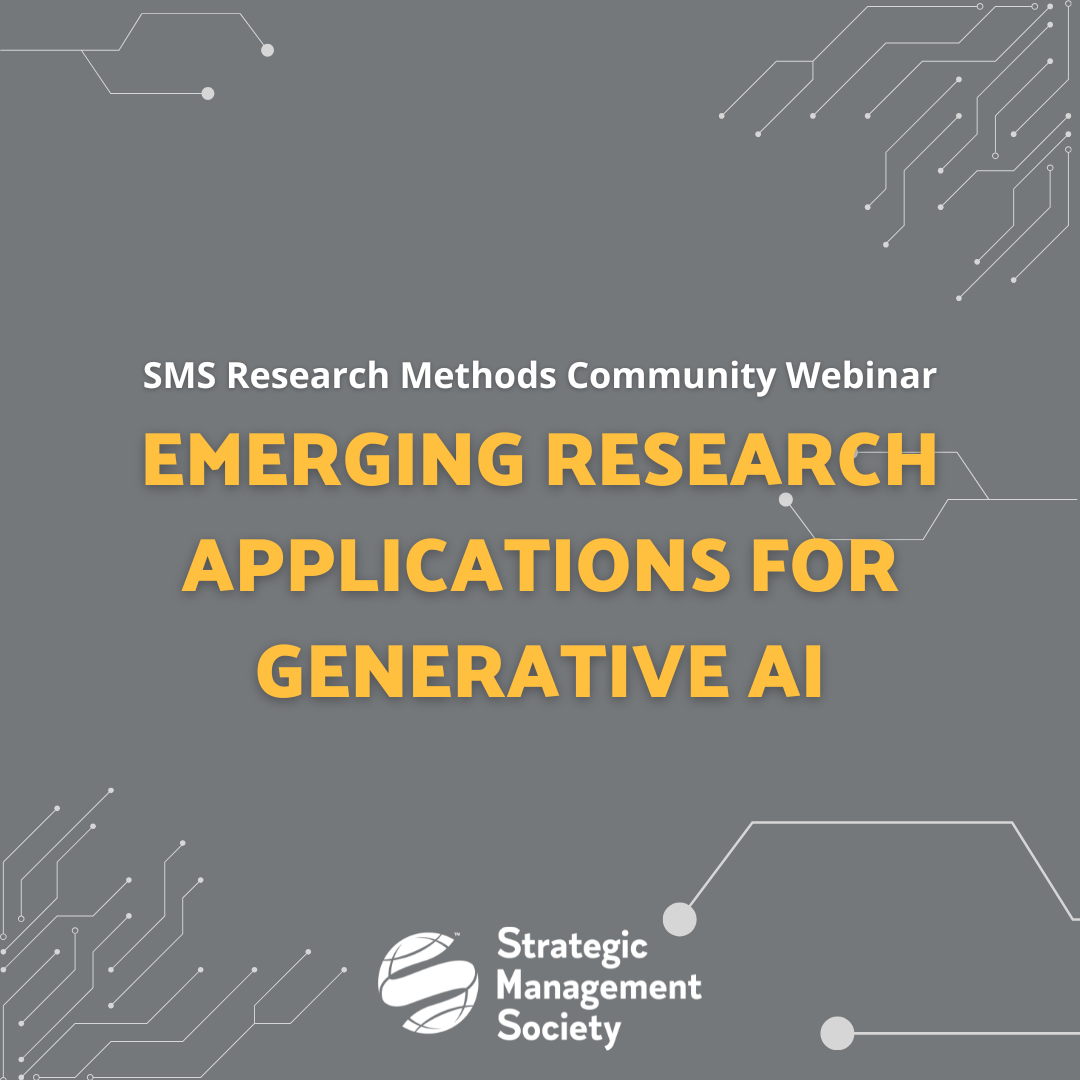In today’s business landscape, there’s a noticeable trend towards inclusion in organizational strategy, referred to as open strategy. Companies are encouraging input from employees at all levels, recognizing the value of diverse perspectives. This shift from traditional top-down, exclusive decision-making to a more open, inclusive approach reflects a growing understanding of the importance of employees’ operational knowledge in fostering innovative and creative strategic ideas. However, a new study in the Strategic Management Journal shows that, for inclusion to truly benefit an organization, simply asking for employee input isn’t enough – thoughtful attention from decision-makers is key, as is the employees’ ability to know what, and how to communicate ideas.
In their study of an inclusive strategy process in a large insurance company, Violetta Splitter, along with co-authors David Seidl and Richard Whittington, found that despite initial struggles to capture top management’s attention, about one third of the employees’ proposals made it into the company’s final strategic plan. Following the plan’s presentation to investors, the company’s share price increased by three percentage points – an $18bn increase in market capitalization. As Whittington remarks, “More open approaches to strategy, as seen in our case organization, can significantly impact chosen strategies.”
Yet getting there wasn’t easy. In their study, 40 mid- and lower-level managers and professionals were invited to participate in a 20-week strategy development process. Their task was to submit concepts for a fresh strategic plan aimed at gaining investor confidence and employee support. However, the employees, who were inexperienced in engaging with senior management on corporate-level strategy, failed to pitch ideas in a manner that top managers could work with. Two months into the process, the CEO, who had expressed excitement at the prospect of engaging with employees’ ideas, was frustrated and distracted.
Gradually, a shift took place: as the employees experimented with different ways of conveying information, they began developing discursive competence –that is, “the ability to craft and share a message that is meaningful, engaging, and compelling,” particularly in connecting their novel ideas to corporate themes. The authors identified four discursive practices used by employees, with varying effectiveness, in integrating novel ideas with corporate themes. As employees’ understanding of these themes grew, their ability to blend ideas improved, gaining senior management attention. Splitter, Seidl and Whittington note that the competence to gain attention may not be immediately present: “Participation may be ineffective initially in such strategy processes. It takes time to develop this competence. Thus, senior management should interpret this initial ineffectiveness not as a sign of failure but as an important step towards effective participation.”
The authors emphasize the importance of providing opportunities for employees to acquire discursive competence in inclusive strategy processes. Employees learn from receiving direct feedback from senior managers and from observing experienced peers. Senior management’s specific coaching proved more effective than generic advice.
This study identified important insight for companies considering engaging in open, inclusive strategy processes. First, for employee participation to be effective, employees need to develop discursive competence to articulate strategic ideas in a way that managers can make sense of. If they can’t communicate effectively, employees’ novel ideas might not get heard. Second, employees can learn this communication skill through both hands-on experience and observing others. A final takeaway point is that senior managers and leaders play a crucial role in coaching employees, but they must understand that doing so requires time, patience, and a commitment to promote employee learning. As the authors reiterate, “Designs for new inclusive strategy processes should include opportunities for top managers to improve their coaching and for employees to learn from both direct feedback and indirect observation.”





